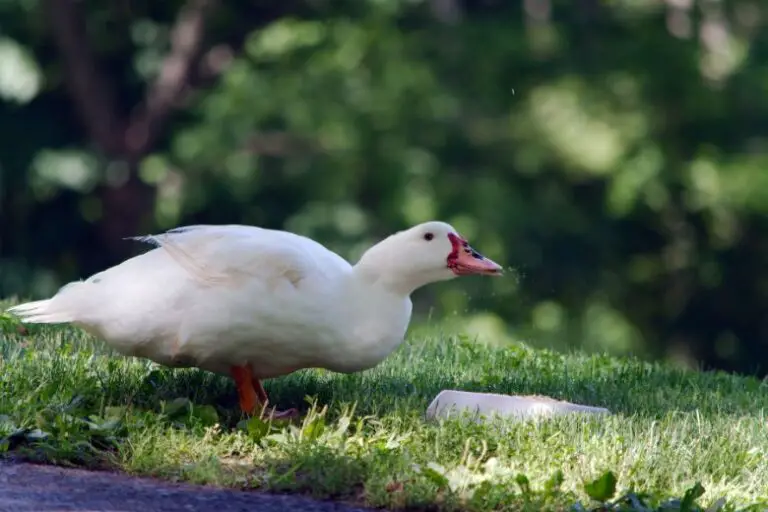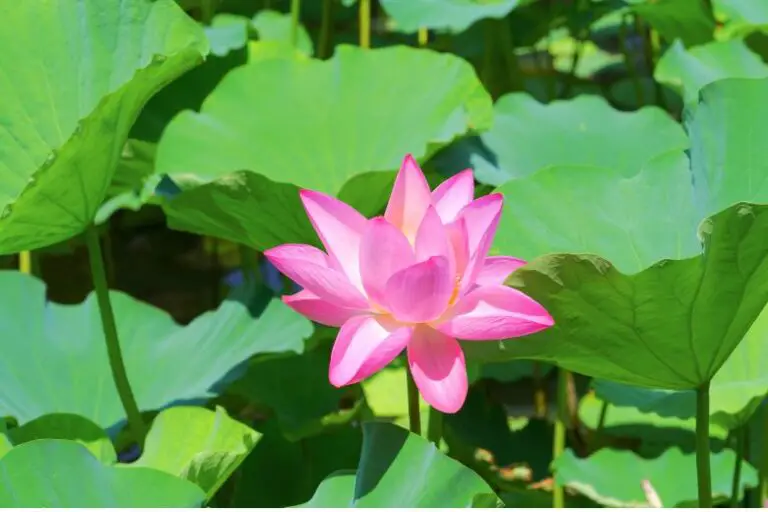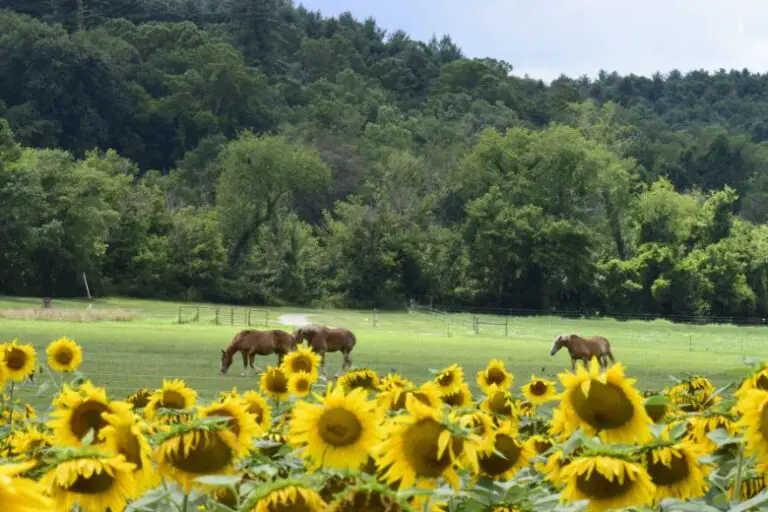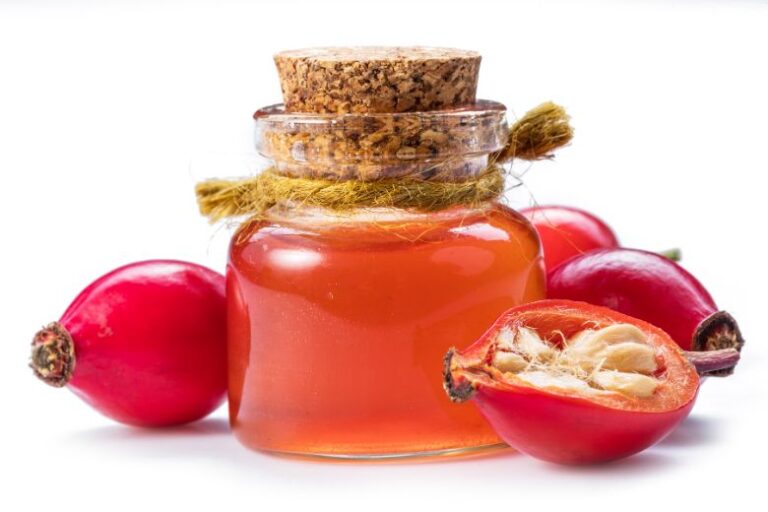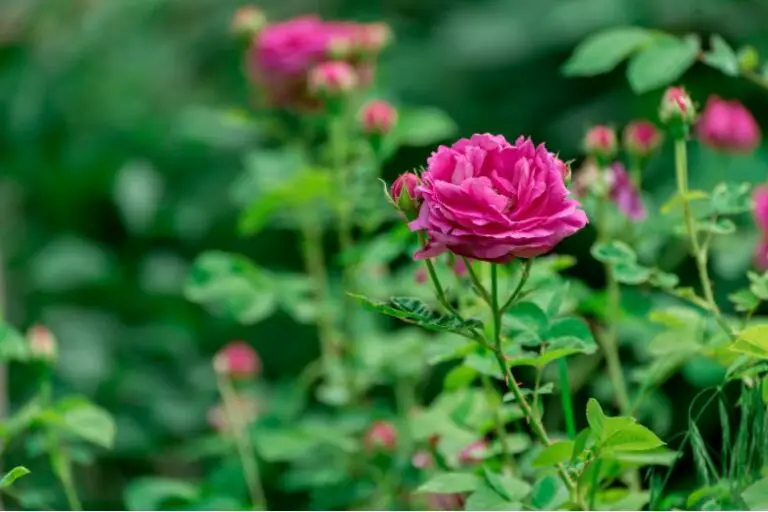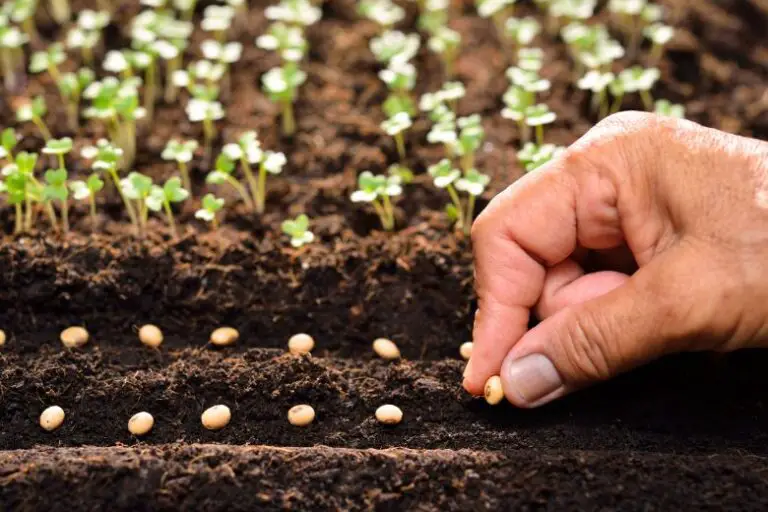can i plant sunflowers next to raspberries
Planting sunflowers next to raspberries can be a rewarding gardening endeavor. These vibrant, sun-loving flowers and delicious, juicy raspberries can thrive well together if you plan and care for them correctly.
In this article, we will explore the benefits and challenges of companion planting sunflowers and raspberries. We’ll provide you with all the information you need to successfully grow these two plants side by side and enjoy a bountiful harvest.
Importance of Companion Planting
Companion planting is an ancient agricultural practice that involves growing different plants in close proximity to enhance each other’s growth and protection. When carefully chosen and arranged, companion plants can create a harmonious ecosystem that maximizes the potential of the garden.
Sunflowers and Raspberries: An Overview
Sunflowers (Helianthus annuus) are iconic, tall flowers known for their vibrant yellow petals and large, striking blooms. They are not only aesthetically pleasing but also play a crucial role in attracting beneficial insects and improving soil health. Raspberries (Rubus idaeus), on the other hand, are delicious, nutritious berries that grow on thorny canes and are treasured by gardeners and food enthusiasts alike.
Understanding Sunflowers
Sunflower Varieties
Sunflowers come in various sizes and colors, from towering giants to compact dwarfs, and even multi-colored varieties. Some popular sunflower cultivars include the giant ‘Russian Mammoth,’ the red and orange ‘Autumn Beauty,’ and the dwarf ‘Teddy Bear.’
Sunflower Growth Requirements
To grow healthy sunflowers, you need to provide them with the right conditions. They thrive in full sun, requiring at least 6-8 hours of direct sunlight daily. Sunflowers also prefer well-draining soil, and once established, they are relatively drought-tolerant.
Benefits of Sunflowers in the Garden
Aside from their striking appearance, sunflowers offer several benefits to the garden. Their nectar-rich flowers attract pollinators like bees and butterflies, supporting overall ecosystem health. Additionally, sunflowers have a unique ability to extract toxins from the soil, a process known as phytoremediation, thus improving soil quality.
Raspberries: A Brief Overview
Raspberry Varieties
Raspberries come in several varieties, including red, black, purple, and yellow. Each type offers a slightly different flavor and culinary use. Popular cultivars include ‘Heritage’ red raspberries, ‘Black Jewel’ black raspberries, and ‘Anne’ golden raspberries.
Raspberry Growth Requirements
Raspberries thrive in well-draining soil rich in organic matter. They require a good amount of sunlight, though some varieties tolerate partial shade. Proper spacing and trellising are essential for raspberry canes to grow and bear fruit optimally.
Benefits of Raspberries in the Garden
Raspberries are not only delicious but also beneficial for the garden. As members of the rose family, they attract pollinators and contribute to biodiversity. Moreover, raspberries contain essential vitamins, minerals, and antioxidants, making them a nutritious addition to any diet.
Companion Planting Basics
Definition of Companion Planting
Companion planting is a holistic gardening technique that involves cultivating different plants together to enhance their growth, health, and productivity. It fosters a symbiotic relationship among plants, helping them thrive and providing mutual benefits.
Advantages of Companion Planting
Companion planting has numerous advantages, including pest control, improved pollination, soil enrichment, and efficient use of space. Some plants can repel pests from others, while others attract beneficial insects that aid in pollination and pest management.
Things to Consider Before Planting Sunflowers and Raspberries Together
Before you start planting sunflowers and raspberries side by side, there are essential factors to consider. These include sunlight requirements, soil preparation, and potential challenges that may arise from combining these two plants.
The Benefits of Growing Sunflowers Next to Raspberries
Improved Pollination
When sunflowers and raspberries are planted together, the vibrant sunflower blooms attract pollinators, such as bees and butterflies, to the area. These pollinators help in the fertilization of the raspberry flowers, leading to better fruit set and higher yields.
Natural Pest Control
Companion planting sunflowers next to raspberries can serve as a natural pest control method. Sunflowers produce a chemical called allelopathic that repels certain insects, reducing the risk of pest infestations on the raspberry plants.
Soil Enrichment
Sunflowers have deep root systems that can reach nutrients in the soil that other plants may not access. As they grow, they bring up essential minerals and organic matter to the surface, enriching the soil and benefiting the raspberries growing nearby.
Space Optimization
By interplanting sunflowers and raspberries, you can maximize the use of available space in your garden. The tall sunflowers provide vertical interest and shade while the raspberries grow below, making efficient use of the garden area.
How to Plant Sunflowers Next to Raspberries
Choosing the Right Location
Select a location in your garden that receives full sun for most of the day, as both sunflowers and raspberries thrive in sunlight.
Preparing the Soil
Ensure the soil is well-draining and rich in organic matter. Perform a soil test to determine any nutrient deficiencies and amend the soil accordingly.
Planting Sunflowers and Raspberries Together
Plant the sunflowers and raspberry canes at appropriate intervals to provide enough space for both to grow without competition.
Caring for Your Plants
Water the plants regularly, especially during dry periods, and mulch around them to retain soil moisture. Monitor for any signs of pests or diseases and take appropriate measures if necessary.
Potential Challenges and How to Overcome Them
Competition for Resources
As both sunflowers and raspberries require nutrients and water, they may compete for resources. Proper soil preparation and spacing can help minimize this competition.
Sunflower Height Management
Tall sunflowers can cast shade on the raspberry plants, potentially affecting their growth. Choose sunflower varieties that are slightly shorter or position them strategically to minimize shading.
Raspberry Pruning Considerations
Raspberries require regular pruning to maintain healthy growth and fruit production. Be mindful of the sunflowers’ proximity during pruning to avoid damaging them.
Tips for Successful Companion Planting
Crop Rotation
To maintain soil health and prevent disease buildup, practice crop rotation by alternating the planting locations of sunflowers and raspberries each year.
Interplanting with Other Beneficial Plants
Consider interplanting other beneficial companion plants, such as marigolds, nasturtiums, or garlic, to further enhance the benefits of companion planting.
Harvesting and Using Sunflowers and Raspberries
Sunflower Seeds
Harvest sunflower seeds once the flower heads have dried and the seeds are fully developed. You can use the seeds for snacking, bird feed, or roasting.
Ripe Raspberry Harvesting
Raspberries are ready for harvesting when they are fully ripe, easily detaching from the plant with a gentle tug.
Delicious Recipes Using Sunflowers and Raspberries
Enjoy the bounties of your garden by preparing delightful recipes using both sunflowers and raspberries. From salads to desserts, these fresh ingredients will add a burst of flavor to your dishes.
Conclusion
Companion planting sunflowers next to raspberries is a fantastic way to promote a thriving garden ecosystem while reaping the benefits of two wonderful plants. With careful planning, proper care, and attention to potential challenges, you can enjoy a successful and bountiful harvest. Embrace the beauty of sunflowers, relish the sweetness of raspberries, and let your garden flourish with this delightful gardening combination


